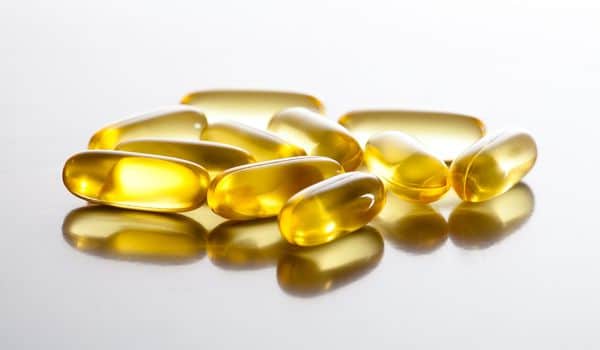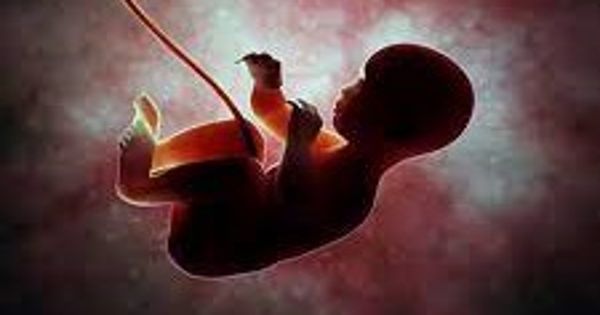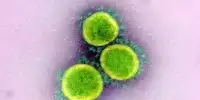Pregnant women have long been advised to take DHA supplements to aid in healthy fetal development. According to a new study, DHA supplements can also help to reverse the effects of early prenatal stress on developing male babies. Researchers have discovered possible causes of male vulnerability in the womb, and they’ve discovered that a specific maternal dietary supplement called docosahexanoic acid (DHA) may protect unborn males from the effects of maternal stress during early development.
Autism and schizophrenia disproportionately affect males and are directly linked to early life adversity caused by maternal stress and other factors, which may be influenced by nutrition. However, the underlying causes of these male-specific effects are not well understood.
Researchers from the University of Missouri School of Medicine and the MU Thompson Center for Autism and Neurodevelopmental Disorders have discovered possible reasons for male vulnerability in the womb, and they’ve discovered that a specific maternal dietary supplement called docosahexanoic acid (DHA) may protect unborn males during early development from the effects of maternal stress.
Researchers have uncovered possible reasons for male vulnerability in the womb, and they’ve learned a specific maternal dietary supplement called docosahexanoic acid (DHA) may guard against the impact of maternal stress on unborn males during early development.
“We believe that differences in metabolic requirements for male and female embryos as early as the first trimester, combined with dynamic differences in how the male and female placenta reacts to environmental factors, contribute to an increased risk for male neurodevelopmental disorders later in life,” said senior author David Beversdorf, MD, a professor of radiology, neurology, and psychology at the University of Pennsylvania.
Beversdorf collaborated on the study with principal investigator Eldin Jaarevic, PhD, an assistant professor of pharmacology at the University of Maryland School of Medicine, and a team of researchers, who divided 40 mice into four groups. Group 1 mothers were fed a normal diet and were not subjected to any early prenatal stress (EPS). Group 2 received the standard diet while being subjected to (EPS), which included restraint, light, noise, and predator threat. Group 3 received a diet supplemented with DHA but was not exposed to EPS. DHA supplementation and EPS were given to Group 4.

The researchers examined the embryos and placentas at 12.5 days of gestation and discovered that prenatal stress reduced placenta and embryo weight in males but not females. They discovered that the DHA supplement reversed the effect of EPS on males in the DHA groups.
“This study produced two findings regarding the interaction between maternal stress and dietary DHA enrichment in early stage embryos,” Beversdorf said. “First, stress on the mother during the first week of pregnancy appeared to influence gene expression patterns in the placenta, and the magnitude of disruption was determined by the gender of the offspring. Second, during periods of high stress, a maternal diet enriched in preformed DHA showed partial rescue of stress-dependent dysregulation of gene expression in the placenta.”
Future research will be needed, according to Beversdorf, to better understand the complex cellular and molecular mechanisms that link maternal diet consumption, chronic stress during pregnancy, placental gene expression, and long-term health outcomes in offspring.
In addition to Beversdorf and Jaarevic, the study authors include Kevin Fritsche, PhD, professor of nutrition and exercise physiology at the University of Missouri; David Geary, PhD, professor of psychology; and Rocio Rivera, PhD, associate professor of animal science.
Taken together, the findings of this preliminary study indicate that maternal consumption of a DHA-enriched diet during chronic stress exposure during the first week of pregnancy may influence placental gene expression patterns in a sex-specific manner. More research is needed to confirm the findings of this preliminary study and to better understand the complex cellular and molecular mechanisms that link maternal diet consumption, chronic stress during pregnancy, placental gene expression, and long-term health outcomes in offspring.













